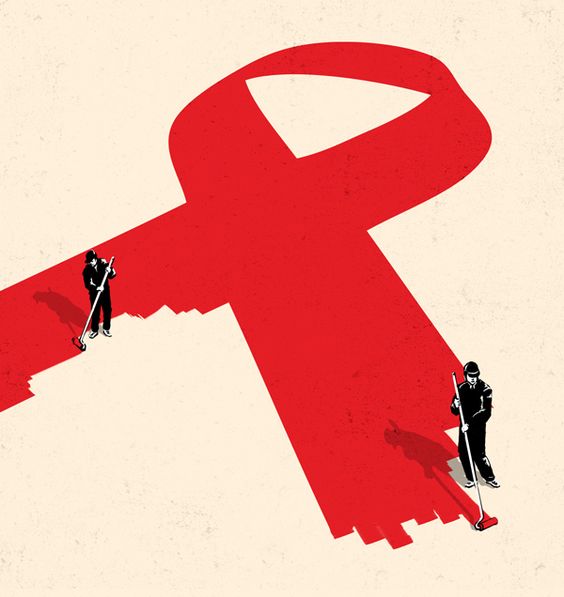Challenges standing in the way of HIV/AIDS research
With the world having celebrated world AIDS day yesterday, the disease is still ending lives and the stigma is also on the rise.
In 2018, the AIDS-related deaths was 770000. Almost two-thirds occurred in Africa and the Middle East where infected people have little access to treatment.
Researchers face a number of significant challenges in their quest to reduce HIV infections and related death toll.
Below are some of the challenge that stands in the way of HIV/AIDS research.
Access to health care
People with HIV may take a combination of drugs called antiretroviral therapy, or ART. ART reduces the amount of the virus in a person’s body, allowing them to live healthy lives and reducing their chances of transmitting HIV to others.
Many people living with HIV in Africa and the Middle East, however, don’t have regular access to ART services.
UNAIDS reports that 32% of people in the Middle East and North Africa are accessing the treatment. Similarly, of those living with HIV in Central Asia and Eastern Europe, only 38% are accessing these lifesaving treatments.
Also read: 4 Facts about PREP that you didn’t know
Lack of a preventive vaccine
Though there are many HIV prevention methods on the market, scientists have not yet developed a safe and effective preventative vaccine.
While there are no licensed preventative vaccines on the market, there are therapeutic ones. Therapeutic HIV vaccines are given to people who already have HIV to strengthen their immune systems’ response to the infection already in the person’s body.
Search for cure
Significant advances in treatment and medication are allowing many people with HIV/AIDS to live longer lives, but scientists have yet to find a complete cure.
Some scientists are searching for what is known in medical literature as a “functional cure,” in which a person wouldn’t have to continue to take antiretroviral medicines. Scientists hope to create an additional kind of treatment that would suppress the HIV virus to undetectable levels in the body. With this kind of approach, the virus would still be present but it would not make a person sick.

Do you have any news or article you would like us to publish? Kindly reach us via outreach@t4d.co.ke or howtodoafrica@gmail.com.




















